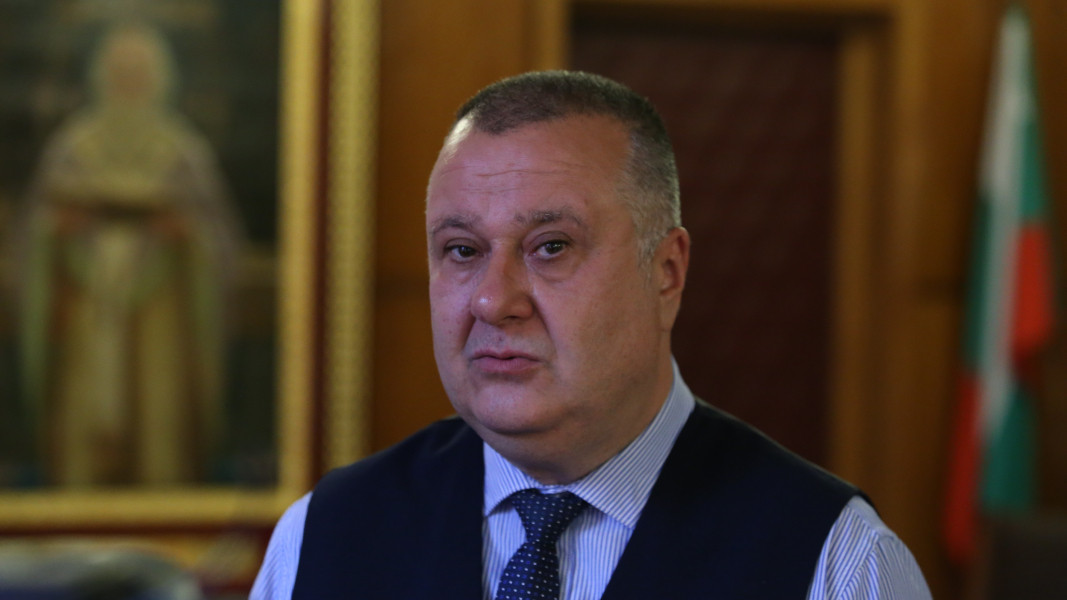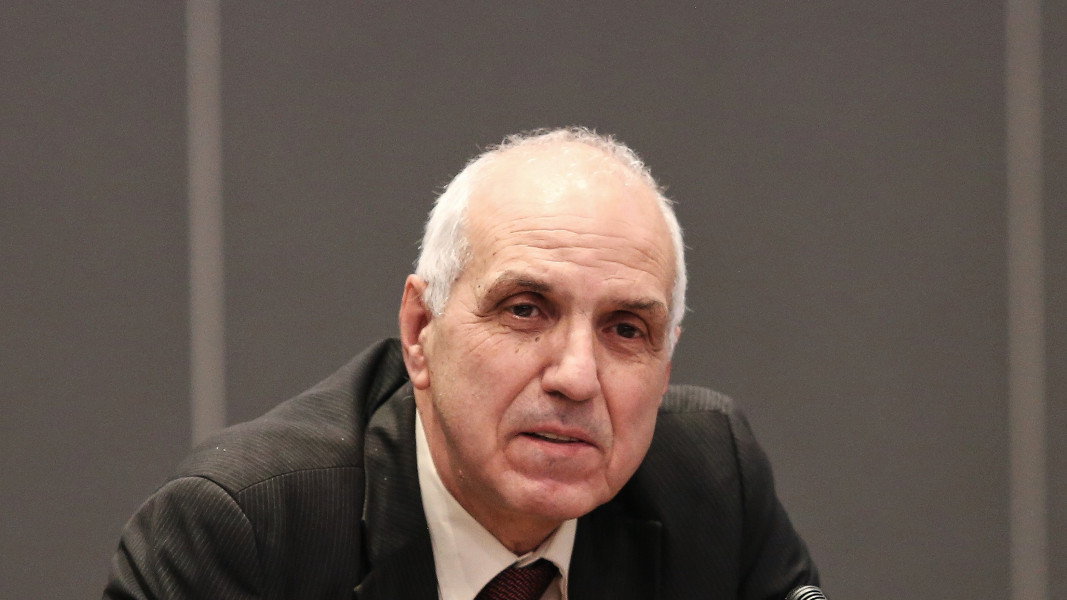The state budget for 2022, which is expected to become effective as of April, envisages the allocation of 6.4 billion Leva – (approximately EUR 3.27 billion) for policies in the sphere of education and culture. Of this sum, Bulgaria’s oldest and most prestigious scientific institution – the Bulgarian Academy of Sciences, BAS – is to receive 119.860 million Leva for running its 42 institutes, publishing house, library and scientific archives.
Disappointing, humiliating and shameful – that is what the researchers from the Bulgarian Academy of Sciences have to say about the budget earmarked for the Academy. They say that 2022 will be one more year in which there will be a wide rift between the men and women of science and the people outside the academy.
“Teachers’ salaries in 2022 are going to go up by an average of 12% and will reach 125% of the average salary for the country. In 2021 the minimum teachers’ salary was higher than the average salary of a professor at the BAS,” says Prof. Emmanuel Moutafov, director of the BAS Institute of Art Studies in an interview for the BNR.

Prof. Moutafov is adamant that there have been no assigned funds for years for the upkeep of many of the institutes, and that the additional subsidy they receive mostly goes to pay salaries.
“Our proposal to the Ministry of Education was for our budget to be increased by 30 million Leva,” Prof. Moutafov says. “28 million of this sum was for raising the salaries of the academic staff, which is imperative, and the remaining 2,300,000 Leva – for compensating for the soaring electricity, water and heating costs. The Ministry of Education only agreed to an increase for the academic staff, and a budget increase of 20,400,000. However, this was rejected by the Ministry of Finance.”
At the moment the average monthly salary at the BAS is 834 Leva (around EUR 426), 946 Leva (EUR 483) for research assistant and 1,246 Leva (EUR 637) for professor. According to National Statistical Institute data, the average monthly salary in the country is 1,543 Leva (EUR 789), and for Sofia it is 2,073 Leva (EUR 1,060). This means that salaries at the Bulgarian Academy of Sciences are 55% of the average salary for the country. The Academy needs institutional support if we want the expertise and potential of the BAS to be preserved, says Bulgarian Academy of Sciences Vice President, corresponding member Prof. Stefan Hadjitodorov and adds:

“We have been endeavouring to find financing ourselves under European programmes as well as from the Scientific Research fund,” Prof. Hadjitodorov says. “What is outrageous is that we are seeing a wedge being driven between the scientists from the Academy and scientists from other institutions outside it. I very much hope we shall avoid the situation of 10-12 years ago when people from the Academy had to go on unpaid leave so that we could cope with the budget we had.”
Today, 7 February, the oldest scientific institution in Bulgaria is convening a general meeting to decide what action the scientists should take. The researchers from the Bulgarian Academy of Sciences are threatening protests.
Interviews by Horizont channel, BNR
Editing by Yoan Kolev
Photos: BGNES, libraryBulgaria and China have agreed to further strengthen their cooperation in the field of science, technology and innovation at a high level, as well as in academic exchange. This happened during the Eighteenth Session of the Commission for Scientific and..
The Bulgarian team is returning home with four medals from the Youth International Olympiad on Astronomy and Astrophysics (IOAA) , held in the Romanian city of Piatra Neamț, the Ministry of Education and Science announced. The competition brought..
The Association of Bulgarian Schools in America invites children from the Bulgarian community in North America to participate in a competition dedicated to November 1 - National Awakeners' Day, the organization announced on its..
Fertility Europe , the pan-European organization that represents patient associations focused on infertility issues, has announced the start of the 9..
On November 8 in Hall 11 of the National Palace of Culture, Bulgaria’s best masters and artisans will be awarded for the third time. The founder and..
The so-called Seal of Biliteracy was created in 2011 in the US state of California with the idea that in the conditions of a globalized..

+359 2 9336 661
